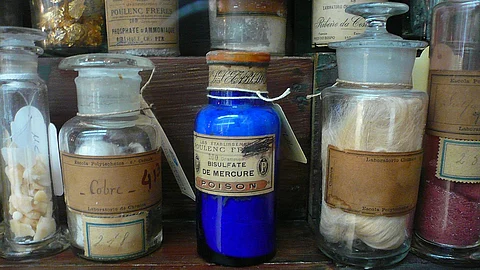When questioned about the incident, Dr. Kumar defended his decision, stating, “I thought it could be beneficial.” Meanwhile, Dr. Agrawal, the Chief Medical Superintendent, has refrained from making any comments regarding the matter.
A Larger Concern
This incident underscores a deeper issue within India’s public healthcare system. At a time when global healthcare is advancing rapidly with the integration of artificial intelligence and evidence-based practices, such outdated and dangerous methods are still being employed in our government hospitals. The fact that activated charcoal—one of the most basic and cost-effective emergency treatments—was unavailable in a district hospital where poisoning cases are not uncommon, is a cause for serious concern.
(Input From Various Sources)
(Rehash/Dr. Shubham Halingali/MSM)


